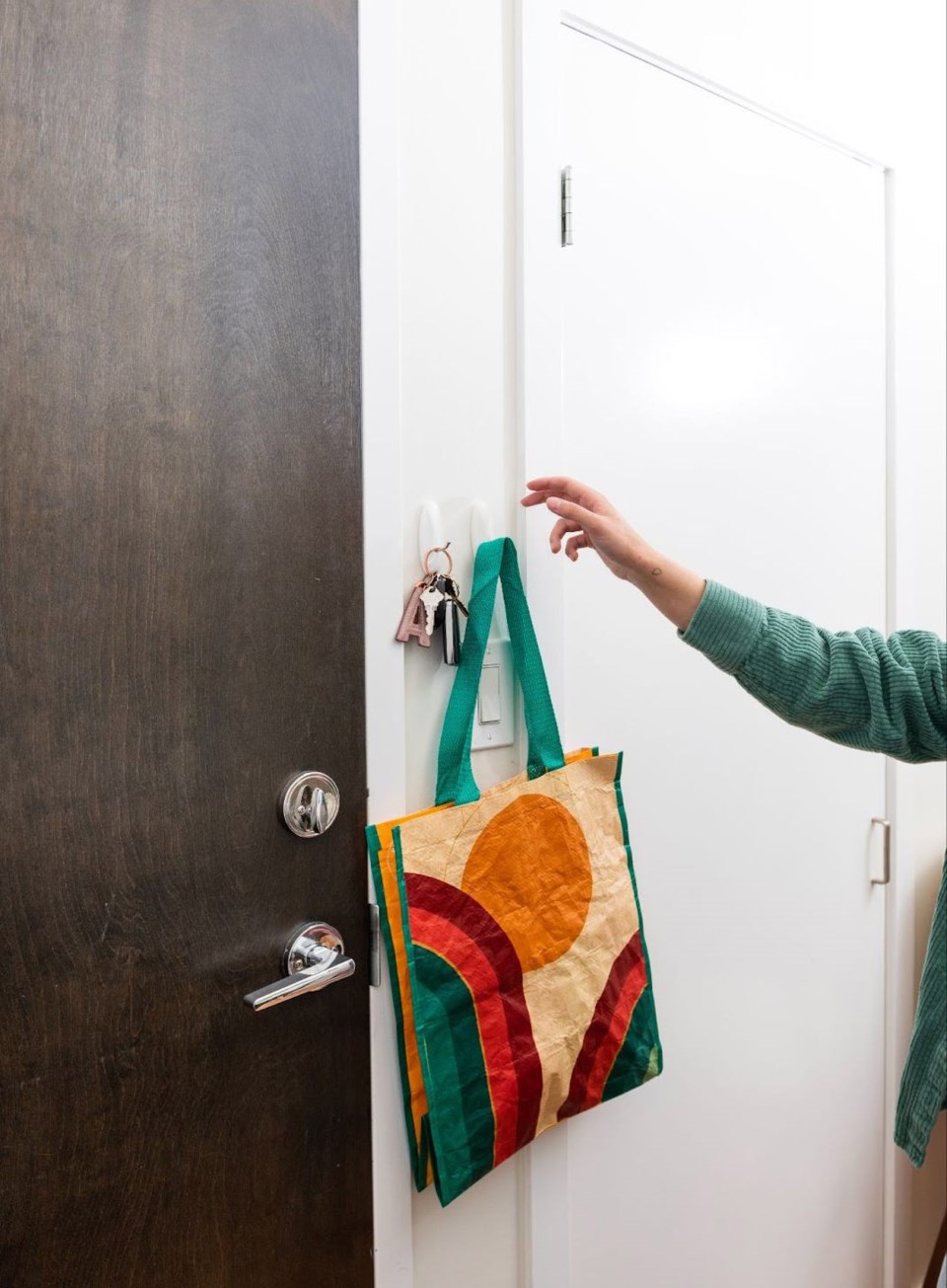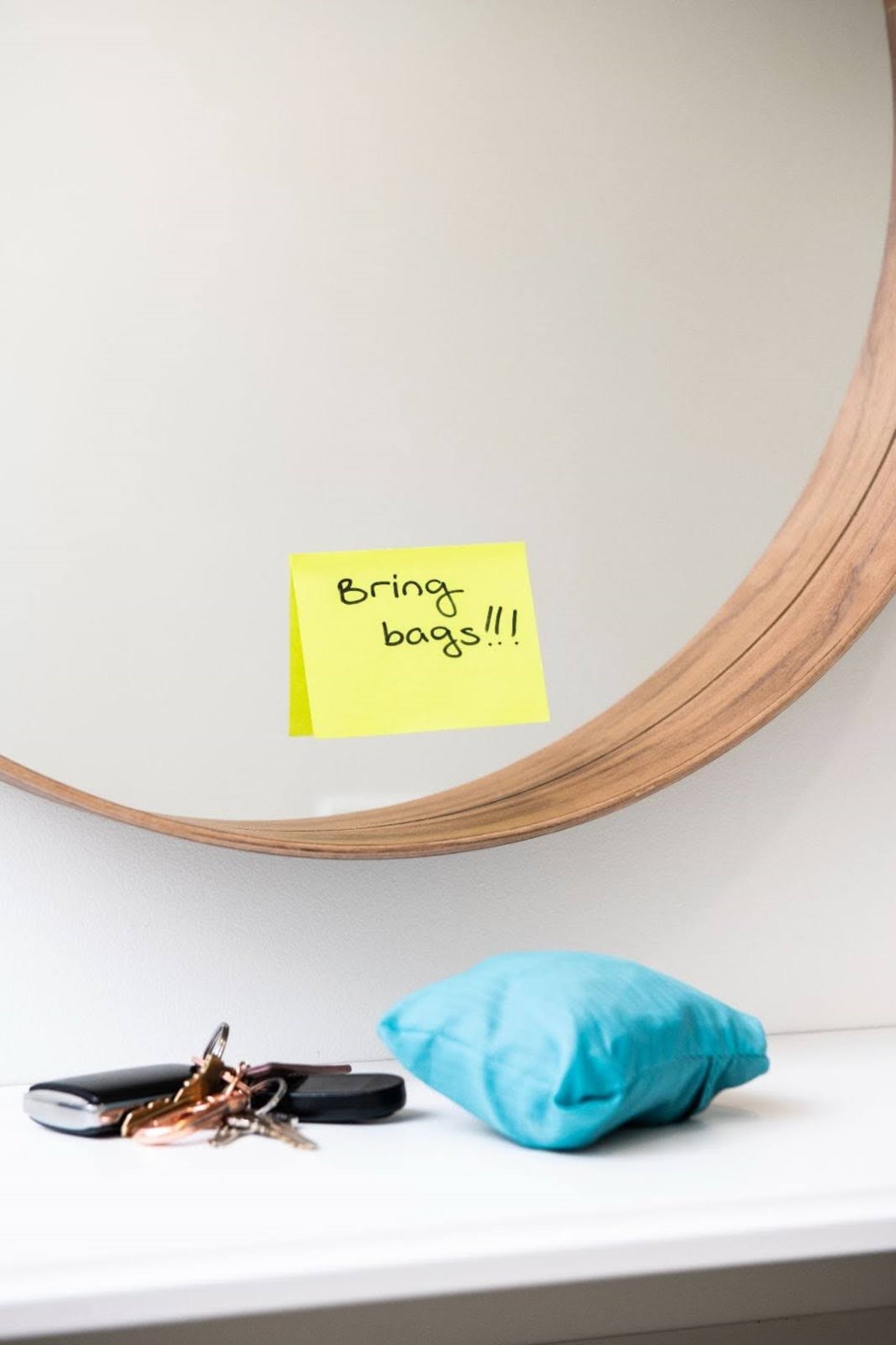If there’s one thing we can all agree on, it’s that breaking bad habits is hard.
It’s so difficult that out of the estimated 44% of Canadians who set New Year's Resolutions each year, more than half of us fail. Behavioral science suggests it’s because many of us are forgetting one important step, self-directed neuroplasticity; a method that helps to rewire our brains and reinforce positive habits in the process.
And we need to change our habits more than ever.
Our bad habits exposed
Metro Vancouver’s research recently concluded that locals dispose of 1.3 billion single-use items per year, which amounts to 480 per person. The most common single-use items in our garbage in 2022 were cups, takeout containers, utensils, retail bags and straws.
Yikes.
We’re all aware that single-use items are bad, but according to the statistics, it’s been a tough habit to break. So let’s focus on how we can form better habits together.
According to behavioral science, it’s essential to focus on how new habits make us feel, and to remind ourselves why we’re trying to make them in the first place. As you embark on your habit-changing journey, you can write your feelings down, talk about them, and revisit your findings to reinforce your why.

Understanding our “why”
In addition to having disastrous effects on the environment, single-use items like disposable cutlery and takeout packaging cost taxpayers MILLIONS to collect from public spaces. The City of Â鶹´«Ã½Ó³»previously estimated it costs taxpayers about just to collect single-use items from public waste bins and to clean up as litter in parks, streets, and green spaces.
These items take up valuable space in landfills, are commonly found in marine litter, and take significant resources to produce, which contributes to climate change.
Do we really need more reasons?
What we can do
aims to change social norms and increase motivation to use reusables by celebrating the everyday actions we all take to reduce single-use items. The campaign includes some genuinely helpful tips to help change our single-use habits, like…
• Leaving your reusable items with your keys so you don’t forget them at home
• Setting alarms to remember your reusables
• Proactively declining single-use items when making a purchase
• Celebrating and rewarding your positive changes along the way
Behavioral science suggests that rewarding yourself along the way will help remind your brain that forming new habits is a positive thing, even if it may require more work in the beginning. So reward yourself, remember your why, and focus on how your new habits make you feel. It’s worth a shot, as even small habits can make a big impact.
We don’t mean to add more to your (reusable, hopefully) plate, but single-use items have a lasting impact on our environment. Reducing single-use items takes work, but it’s work we can feel good about. To learn more about forming better single-use habits, visit .



